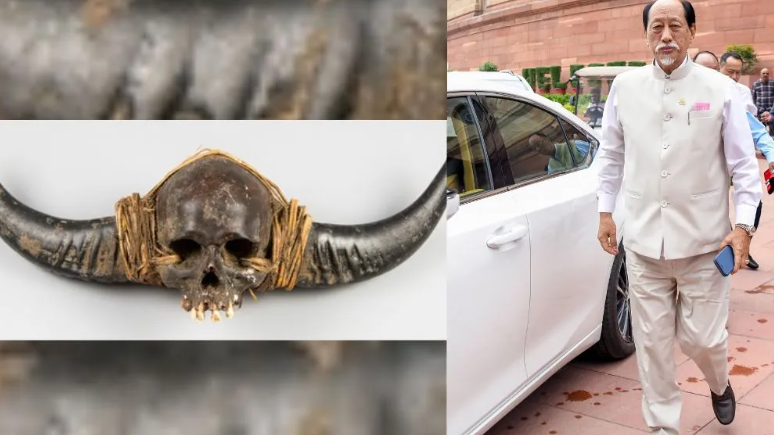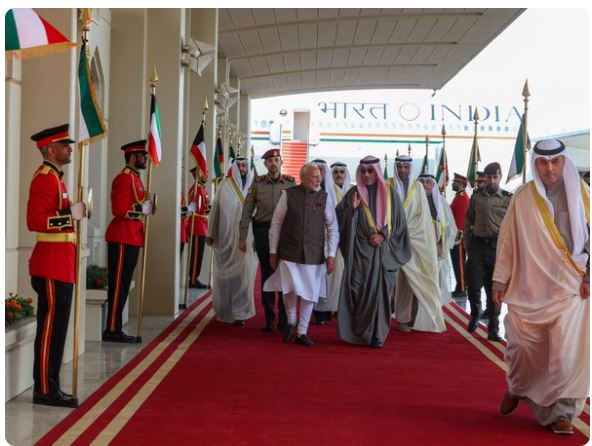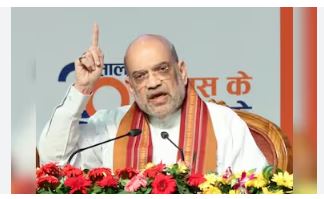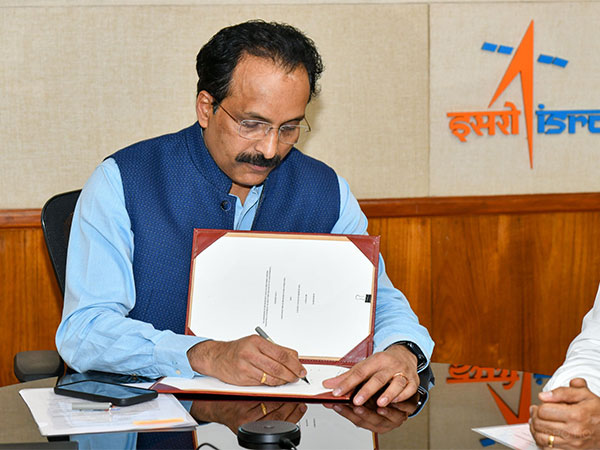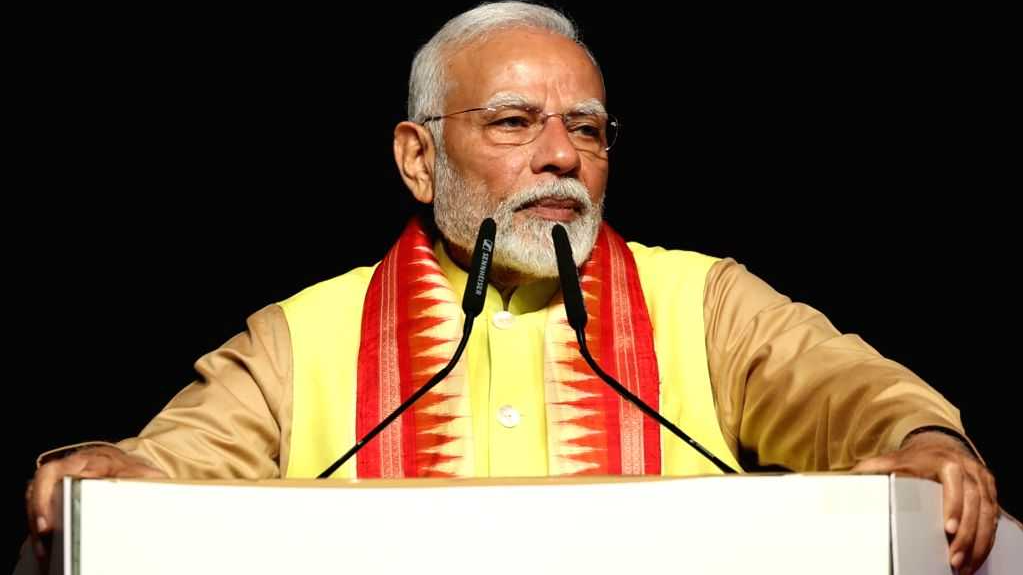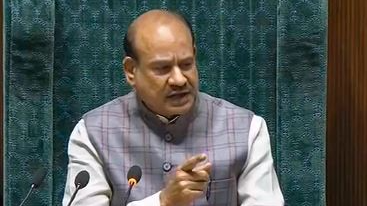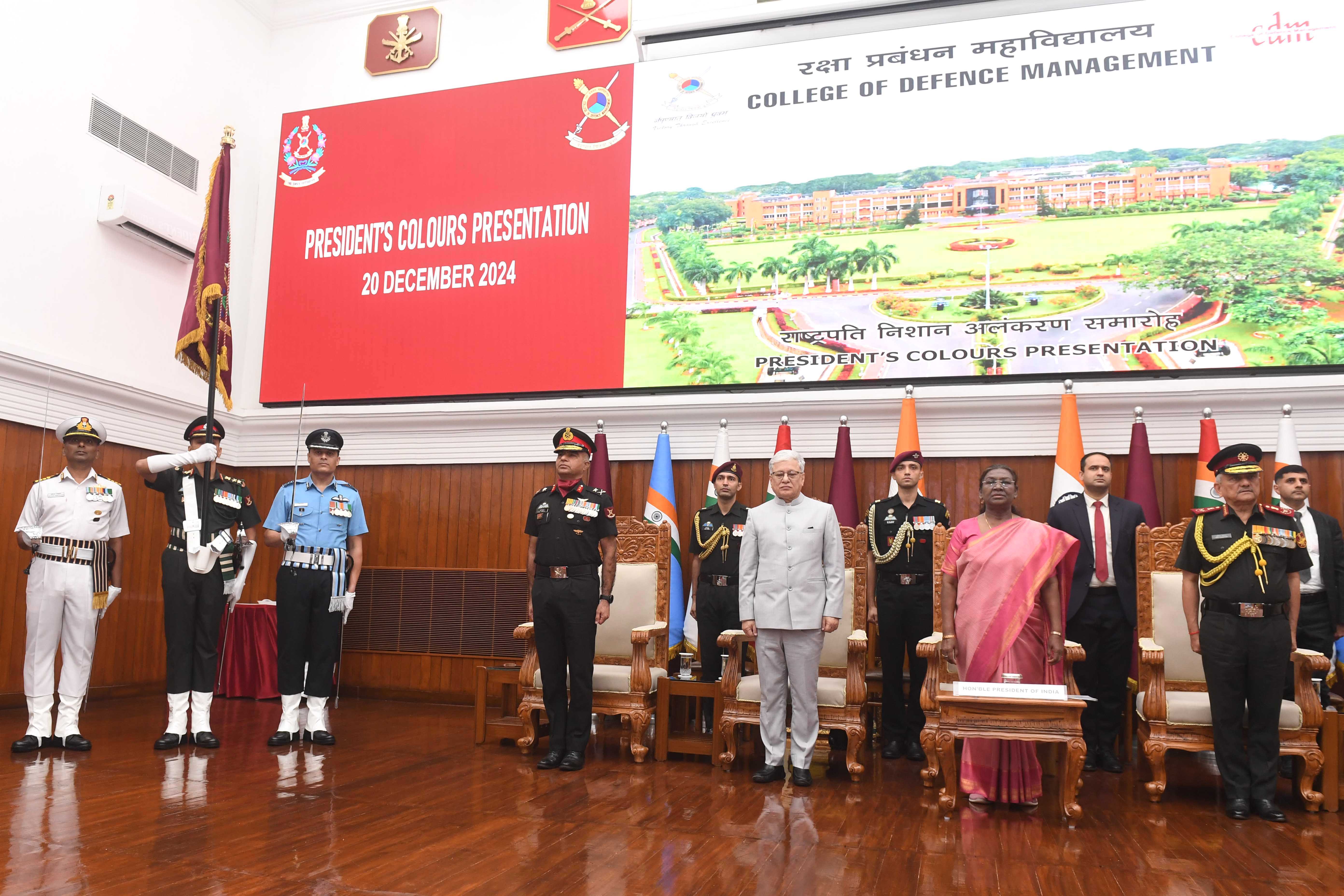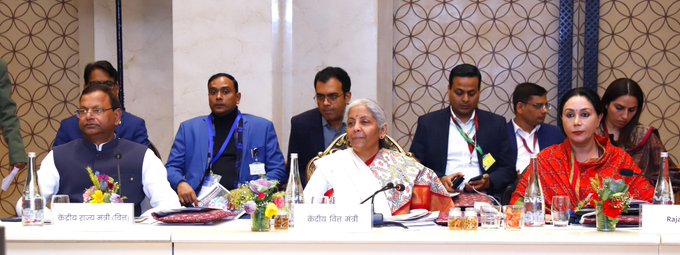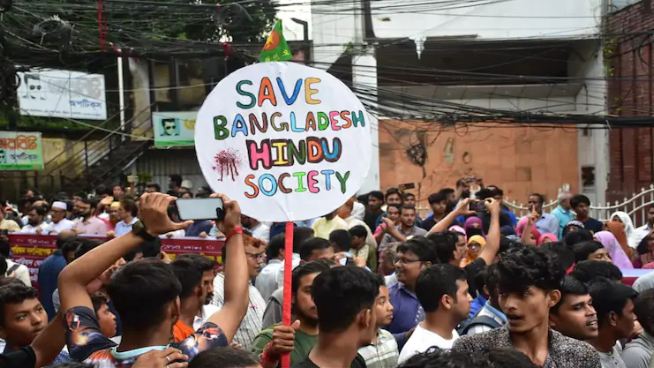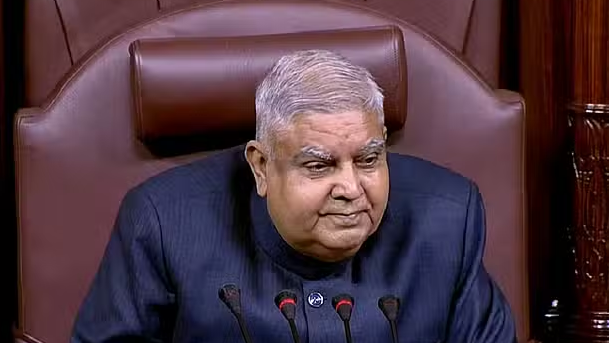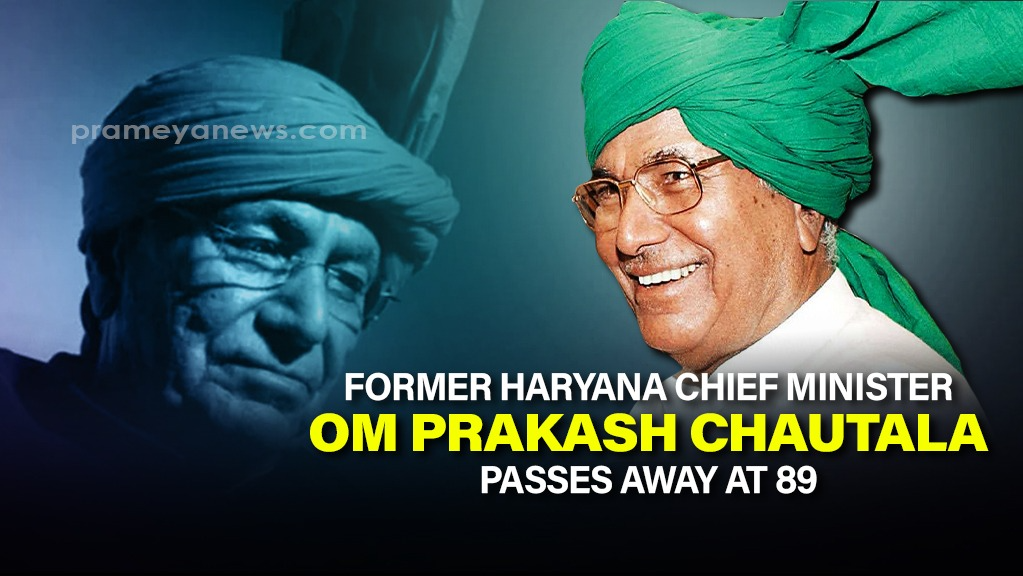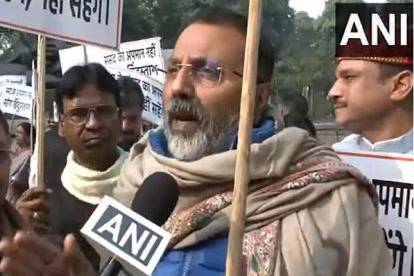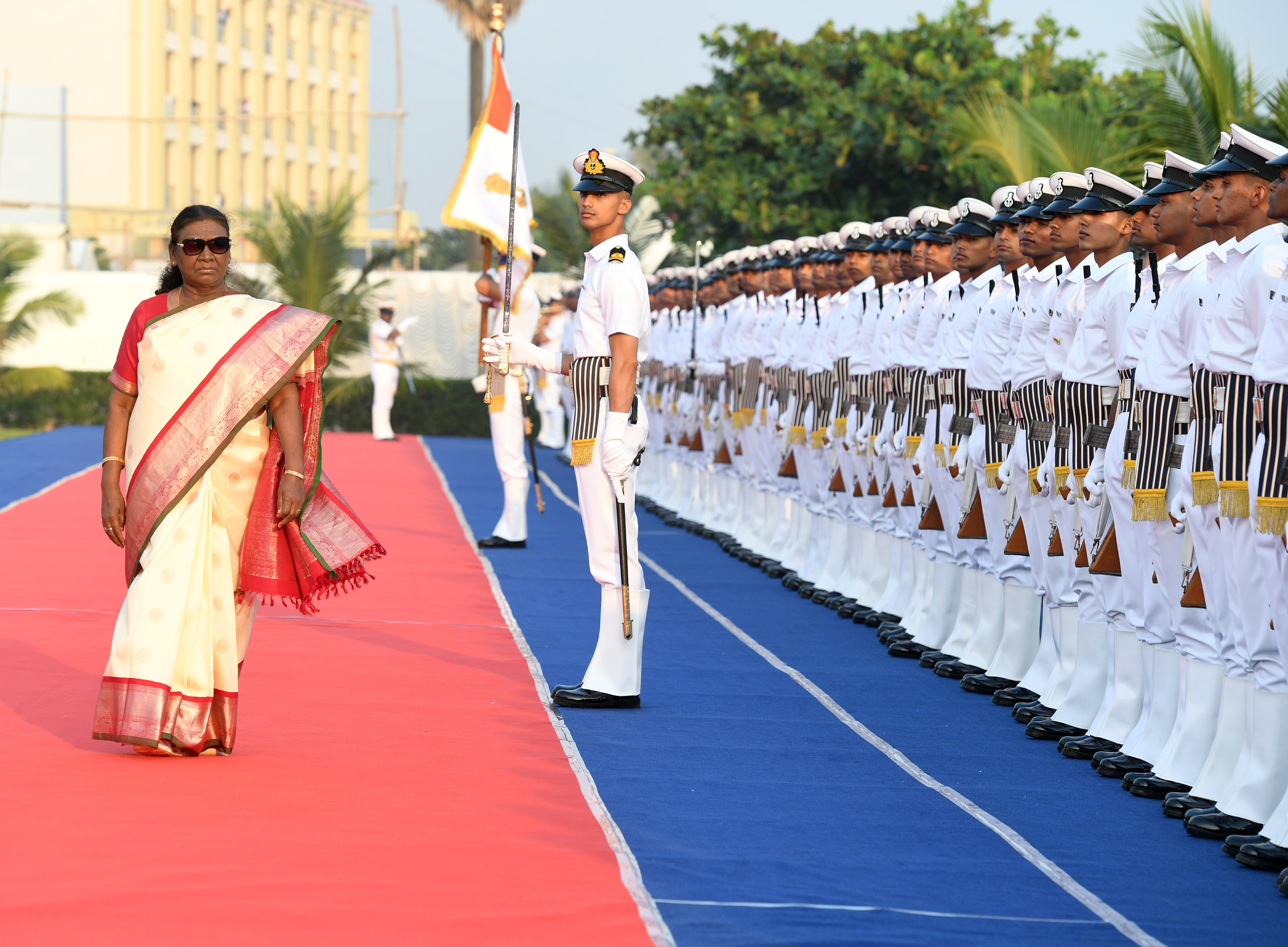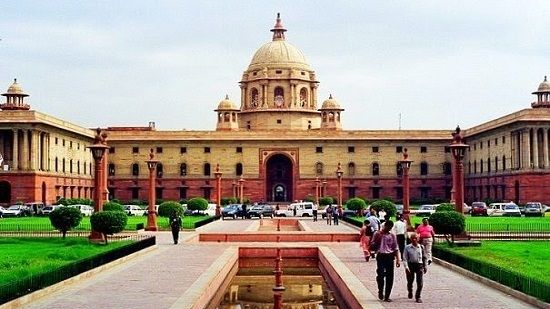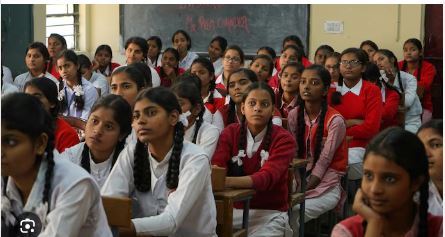In a bold move against what he terms "continued colonial violence," Nagaland Chief Minister Neiphiu Rio has reached out to External Affairs Minister S Jaishankar, seeking urgent intervention to halt the auction of a Naga person's skull in the United Kingdom.
The controversial item, described as a '19th century horned Naga skull,' was initially listed for sale by the prestigious auction house The Swan at Tetsworth. Valued between £3,500 and £4,500, the skull was scheduled to go under the hammer on October 9. However, following a wave of objections, the listing mysteriously vanished from the auction house's online catalog by Tuesday evening.
Rio's impassioned plea to Jaishankar came in response to concerns raised by the Forum for Naga Reconciliation (FNR), a collective of Church leaders and civil society representatives. In his letter, the Chief Minister emphasized the profound emotional and cultural significance of the issue, stating that the proposed auction had been met with widespread disapproval across Nagaland.
"The human remains of any deceased person belong to those people and their land," Rio asserted in his letter. He further condemned the auction as an act of dehumanization, stressing that it "deeply hurts the sentiments of the people" and perpetuates colonial-era injustices against the Naga community.
Urging swift action, Rio called upon the Ministry of External Affairs to engage with the Indian High Commission in the UK. His goal: to ensure the auction's cancellation and safeguard the rights and emotions of the Naga people.
This incident shines a spotlight on the Naga community's ongoing struggle to reclaim their cultural heritage. For years, they have been working tirelessly to repatriate ancestral Naga human remains from the Pitts River Museum in Oxford, England. This collection, comprising approximately 6,500 Naga artifacts, stands as a stark reminder of the British Empire's expansion and colonial rule, having been housed in the museum for over a century.
The repatriation efforts, which began in 2020 with the FNR playing a crucial role, have taken on renewed urgency in light of this recent controversy. In their communication to Rio, the FNR emphasized, "The urgency to make repatriation of Naga ancestral human remains a priority is felt more than ever before."
As this story unfolds, it underscores the complex interplay between historical injustices, cultural dignity, and the ongoing process of decolonization. The Nagaland Chief Minister's intervention not only aims to prevent a single auction but also speaks to a broader movement of reclaiming indigenous heritage and challenging the lingering effects of colonialism in the modern world.








